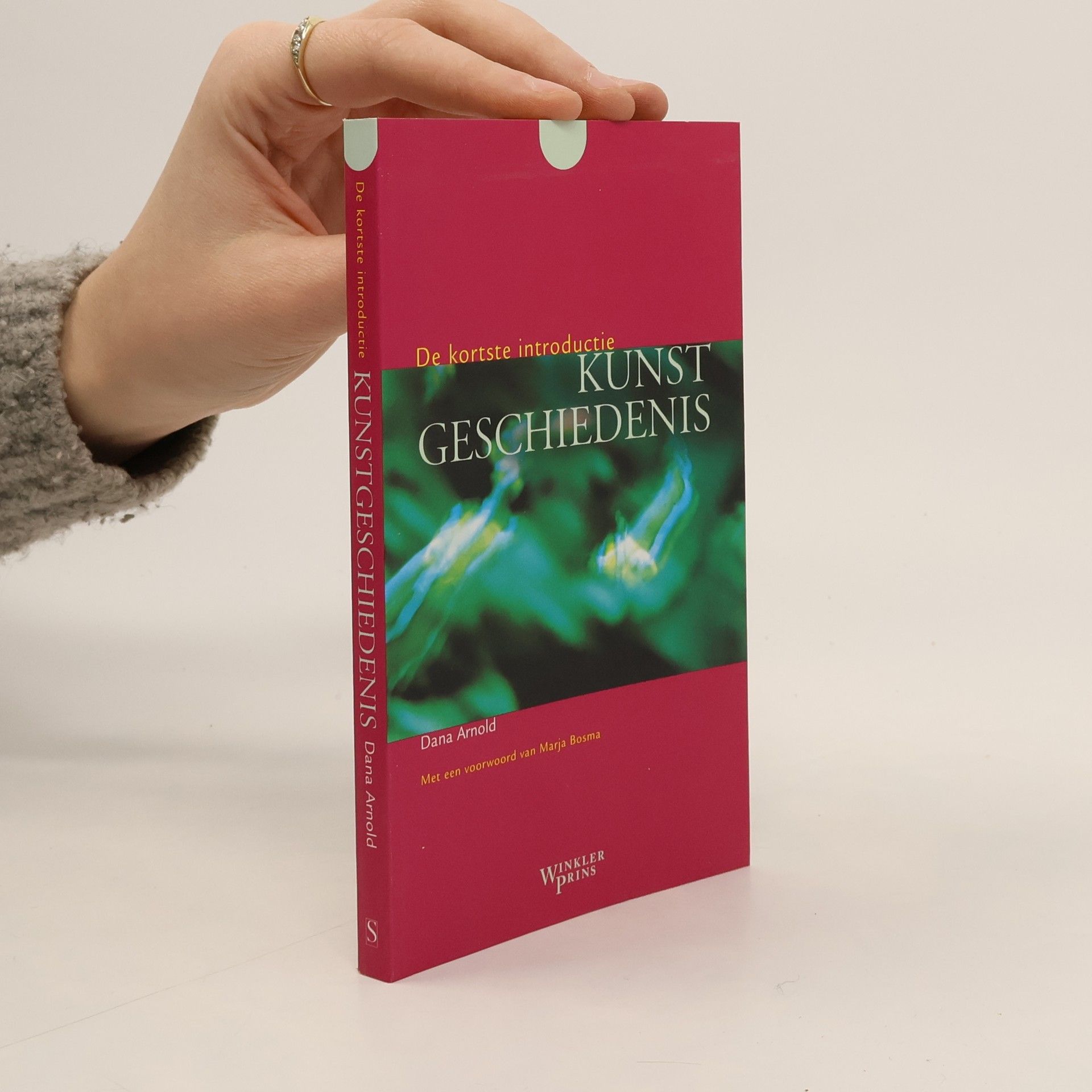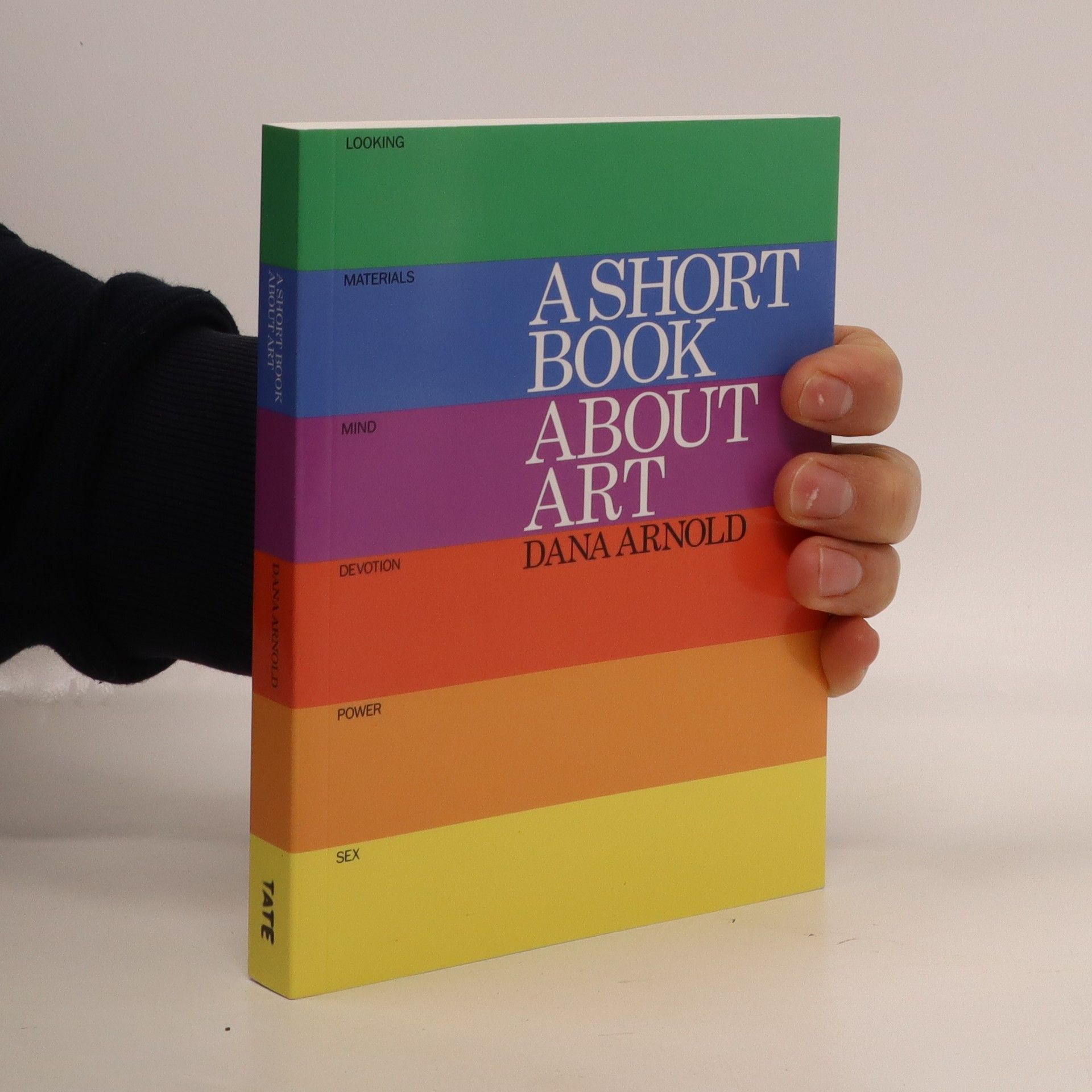This Very Short Introduction presents an original and engaging overview of the architecture of Britain, from medieval times to the present day, exploring key aspects of British architecture that endure across time. It also highlights the ways in which architecture can project national and regional identities.
Dana Arnold Livres






Art History: A Very Short Introduction
- 144pages
- 6 heures de lecture
This clear and concise new introduction examines all the major debates and issues using a wide range of well-known examples. Importantly, this book explains how the traditional emphasis on periods and styles originates in western art production and can obscure other approaches, as well as art from non-western cultures.
Architecture and Ekphrasis
- 176pages
- 7 heures de lecture
This well-illustrated, accessibly written book examines how eighteenth-century prints and drawings of antique architecture operated as representations of thought. Combining original archival material with cultural theory, the book considers the idea of the past and the role of space and time in the visual ekphrasis or description of its architecture. -- .
A short book about art
- 192pages
- 7 heures de lecture
"Illuminating and lively, this book provides authoritative answers to the key questions about how art is made, interpreted and displayed. Deliberately avoiding unnecessary jargon, A Short Book About Art offers an unusually accessible route to new ways of thinking about the creative drive of individual artists and their relationships with their work. It includes fresh comparisons between works of art from different periods and cultures, from cave paintings to contemporary multi-media work. Thought-provoking and stimulating, it is the ideal companion for anyone who wants to learn about art without a dictionary in their hands." -- Publisher's description.
Von den frühesten Höhlenmalereien bis hin zur heutigen Ästhetik: Dieser kleine Band vollbringt auf knapp 200 Seiten ein gar nicht kleines Wunder. Unterhaltsam und leicht verständlich erzählt, eröffnet er interessierten Laien wie auch Kennern zahlreiche neue Erkenntnisse über Kunst und ihre Geschichte. Dana Arnold orientiert sich in ihrem essayistischen Text an Meilensteinen der Kunstgeschichte, richtet ihren Blick dabei aber weniger auf eine chronologische Abfolge als auf inhaltliche Bezüge, verbindende Themen, Motive und Perspektiven – und das quer hinweg über Epochen, Medien und Genres. So ergibt sich ein Gedankenaustausch über die zentralen Fragen der Kunst: Was sehen wir in Kunst? Was drücken wir mit ihr aus? Mit welchen Mitteln geschieht dies, und wie haben sich diese über die Zeit entwickelt? Nicht nur die Hauptwerke europäischer Malerei stehen dabei im Fokus, sondern auch Kunst aus anderen Teilen der Welt. Eine kluge, erfrischende Lektüre, die Kunstgeschichte greifbar und verständlich macht.
De kortste introductie: Kunstgeschiedenis
- 167pages
- 6 heures de lecture
Beschouwing van de verschillende benaderingswijzen in de bestudering van kunst en de weerslag die dat heeft gehad in de geschiedschrijving van kunst.